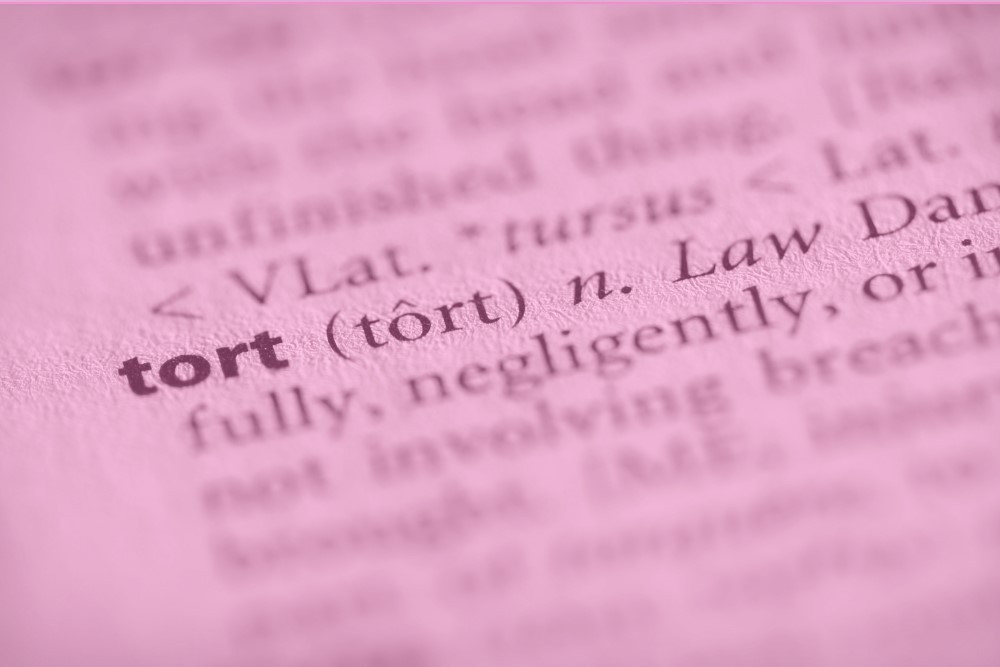A duty of care is an obligation to take reasonable care to avoid causing harm to another person. There is a range of situations in everyday life where a person owes a duty of care to another person. Where a duty of care is breached, the tort of negligence is committed. This page deals with duty of care in the Northern Territory.
Legislation
In the NT, the laws around duties of care relationships have been codified in the Personal Injuries (Liability and Damages) Act 2003.
Established duty of care relationships
There are certain relationships that are recognized as giving rise to a duty of care.
Established duty of care relationships include:
- doctor/hospital and patient
- school and student
- solicitor and client
- employer and employee
- landlord and tenant
- occupier and visitors
- prison authority and prisoner
- manufacturer and consumer
- road user and fellow road user
When a person brings a claim for negligence and one of the established duty of care relationships exists, it is straightforward to establish that a duty of care was owed, and the more contentious question is whether it was breached. If a claim is brought in a situation where there is no established duty of care relationship, the court must first assess whether the defendant owed a duty of care to the plaintiff, and then consider whether that duty was breached.
What does a duty of care require?
A person who owes a duty of care to another must do what is reasonable. What is reasonable depends on the circumstances including the degree of risk involved. A duty of care has not always been breached when some degree of hazard was not responded to immediately. However, if a high degree of hazard was not addressed for a long period of time, it is likely to amount to a breach of duty of care.
Can the duty be delegated?
In some duty of care relationships, the duty is non-delegable because of the high degree of control exercised over a person who is particularly vulnerable or dependent. This means that the party who has the duty cannot claim that they relied on an employee to discharge the duty and avoid liability. Example of non-delegable duty of care relationships include hospital and patient, school and student and employer and employee.
Immunity from liability
In some situations, a party is immune from liability even where there is a high level of risk and a high degree of dependence or control. In the Northern Territory, an immunity from liability exists in the following situations:
- where a person acts as a good Samaritan in good faith and without recklessness (section 8)
- where a volunteer acts with good faith and without recklessness (section 7)
- where a person donates food or groceries (section 7A)
- where a person is the owner or occupier of premises and a person enters the premises with the intention of committing a serious offence (section 9).
These immunities exist because there are public interest reasons for wanting to encourage people to carry out acts for the good of others even where these acts involve some degree of risk.
Breach of duty of care
A party breaches its duty of care when it fails to take reasonable steps to avoid harm coming to a person as a result of its actions where that harm was reasonably foreseeable.
To assess whether a breach of duty of care has occurred, a court must ask the following questions:
- was a duty of care owed?
- was there an act or omission that breached the duty?
- did the person suffer a loss or injury as a result?
- was the loss or injury reasonable foreseeable?
Compensation
If all of the above questions can be answered in the affirmative, the injured person may be awarded damages on a number of different bases. The two main categories of damages for negligence are pecuniary and non-pecuniary losses.
Pecuniary losses may be awarded for loss of earning capacity including both past and future loss of earnings. However, damages will be awarded for loss of future earnings only if the court is satisfied that the losses claimed accord with the plaintiff’s likely future earnings had the injury not occurred. A court may also award damages for unpaid and voluntary care associated with he injury, such as when a family member assumes the responsibilities of a carer.
Non-pecuniary losses may be awarded for pain and suffering and loss of enjoyment of life because of an injury. The maximum amount of damages that can be awarded for non-pecuniary loss in the NT is capped at $680,000.
If you require legal advice or representation in any legal matter, please contact Taylor Rose.




